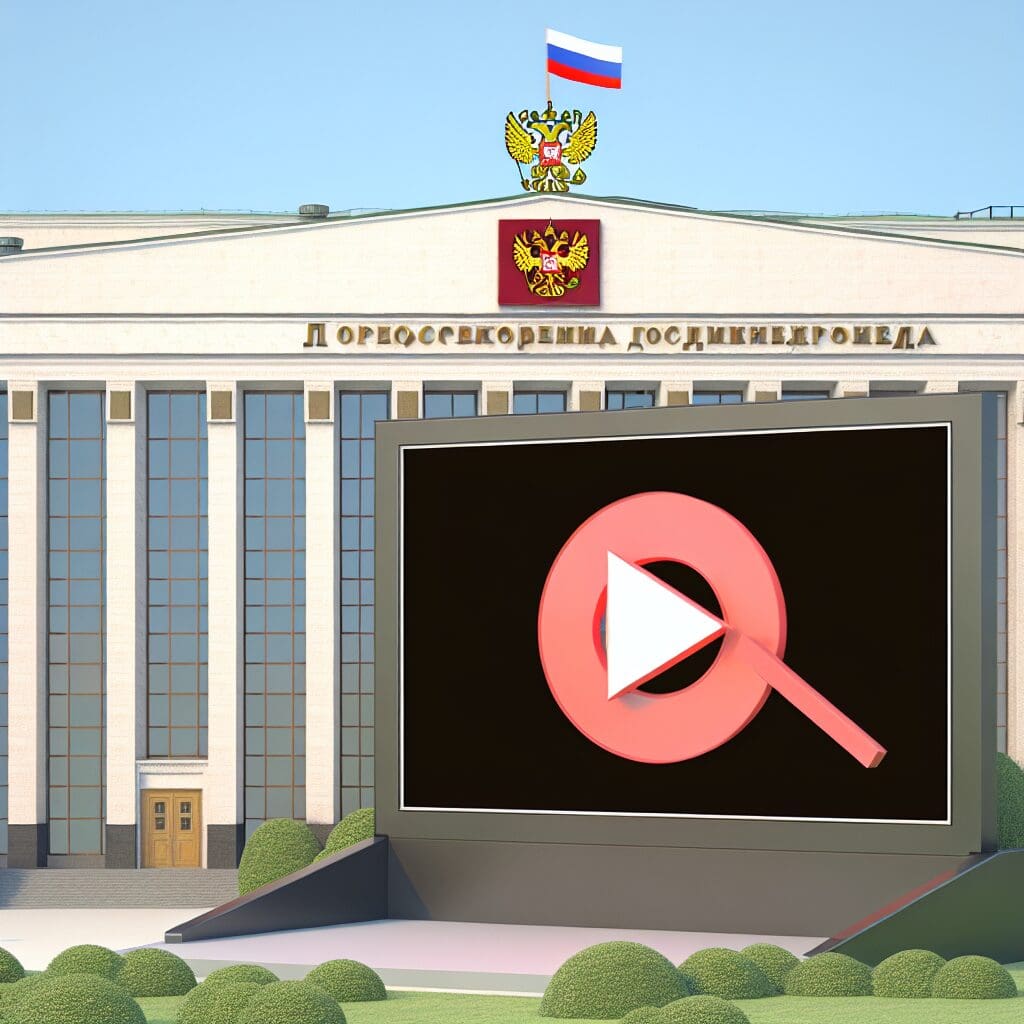The Russian Foreign Ministry has recently accused YouTube of engaging in politically motivated censorship, claiming that the platform is stifling free speech by blocking content and issuing unfounded warnings. Spokesperson Maria Zakharova highlighted this issue during a press conference, stating that such actions infringe on the rights of users and violate international obligations regarding freedom of expression.
This accusation comes amid rising tensions between Russia and Western powers, where media channels have become critical battlegrounds. YouTube, being one of the most popular video-sharing platforms globally, holds significant power over the narratives that proliferate online. By restricting access to content or warning creators about potential violations, the platform is perceived as influencing public discourse.
Recent examples of this censorship include the removal of several videos critical of Western policies, along with claims that YouTube’s algorithms unfairly target Russian content creators. This situation not only affects content visibility but also raises questions about the platform’s role in shaping public perception.
As the digital landscape continues to evolve, the call for transparency in content moderation grows louder. Experts argue that social media companies must balance safeguarding user rights with their community guidelines. As viewers and creators become more aware of these dynamics, they demand accountability from platforms like YouTube, emphasizing that censorship undermines democratic values rather than protecting them.
In this climate, stakeholders—including advocates for free speech and digital rights—are calling for more robust discussions on the implications of censorship on global platforms. This situation highlights the need for ongoing scrutiny and dialogue to ensure that freedom of expression is upheld across all corners of the internet.












